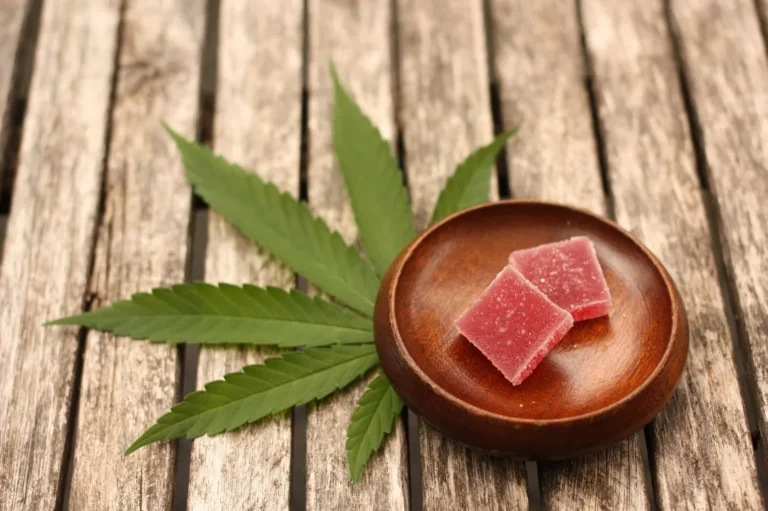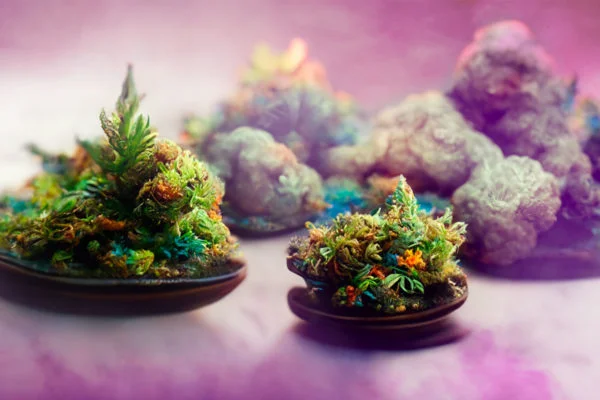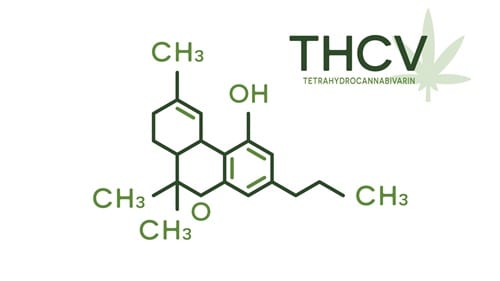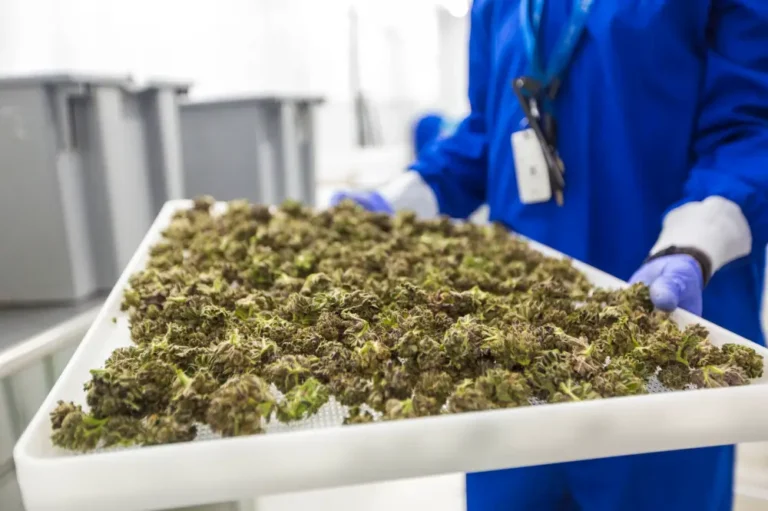Why Third Party Testing Is Important

If you have been into a store selling hemp products or read a story about hemp, then you may have heard the term “third party testing”. You may wonder what exactly third party testing is, and why it matters so much.
In fact, third party testing is an important part of the process to get a hemp product on store shelves. There are a few things to know about this key element, and once you understand, you can begin reading the results of third party testing like a pro.
What is Third Party Testing?
Third party testing is the required testing by the state that shows the hemp product on store shelves falls within the legal definition of hemp. However, there is more information than just potency. Third party testing can actually reveal a lot about the quality of a hemp product.
Oftentimes, the results of third party testing will be called the Certificate of Analysis, or COA for short. These results will contain information such as;
- CBD potency
- THC potency
- The quantity of any other present cannabinoids
- The ingredients found in the product
- Any pesticides or herbicides that may have been used on the plant
- If any mold, salmonella, or other harmful bacteria is present.
Some COAs may contain additional information, depending on the testing panel completed by the laboratory. However, this information should be included with most COAs.
Why is Third Party Testing Required?
Third party testing is required to show that the hemp and the products made from it fall within the legal THC range of .3% or below. All legal hemp companies must offer valid COAs for all products to sell them.
Products that test above the legal limit must be disposed of. Each state’s hemp program has its own guidelines for disposal. For more specific information on the disposal of products in your area, please reach out to the department that oversees the hemp program for your state.
Where Can I Find Testing For Hemp Products?
Hemp retailers will provide many different ways to find the COA for individual products they offer. The first place to check is directly on the company’s website. This is a common place to find COAs, as it is much easier to keep COAs for all of their products up-to-date. COAs on company websites can either be found on the products page directly or in a part of the site dedicated to such information.

The second place to look for a COA is on the product packaging. Some brands will include QR codes directly on their packaging that directs customers directly to their COAs. This is a fast and easy way for shoppers to find this information and helps establish transparency.
If a shopper is in a pinch, they can always ask the store they are at if they have a copy of a product’s COA on hand. All stores that carry hemp products should keep the corresponding COAs for compliance purposes. This includes CBD, Delta THC, and other minor cannabinoid products.
The Bottom Line
Third party testing can tell you a lot about the quality of a hemp product. When reading a COA, information such as potency and ingredients are directly at your fingertips. And the ease of finding the COA can tell shoppers a lot about the transparency of a brand. The easier it is to find a COA for a product, the more the company is dedicated to being transparent and communicative with its customers.
There are a wide variety of hemp products on the market. Shoppers should have a good base knowledge in order to help choose a high quality product that will fit their needs. Understanding third party testing is part of that base knowledge and will help you the next time you go shopping.






